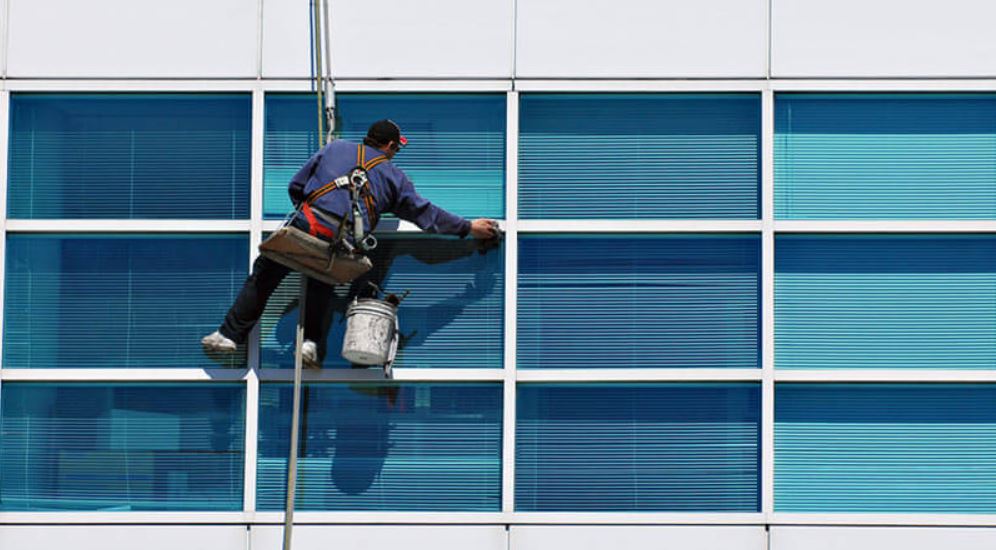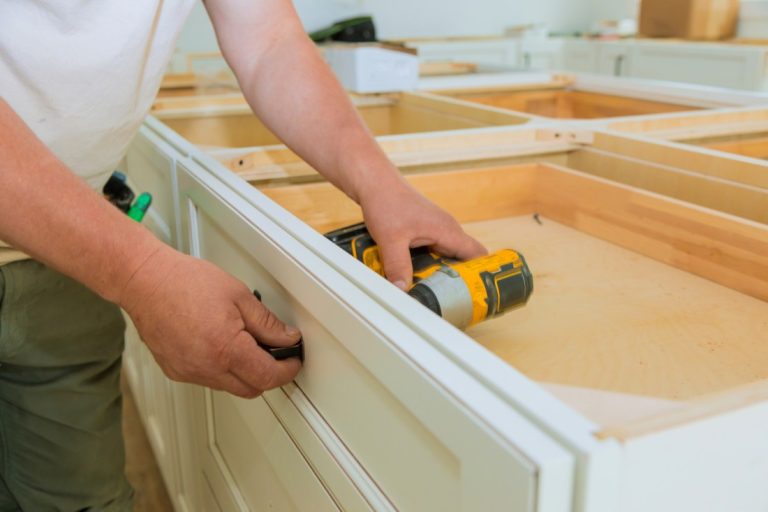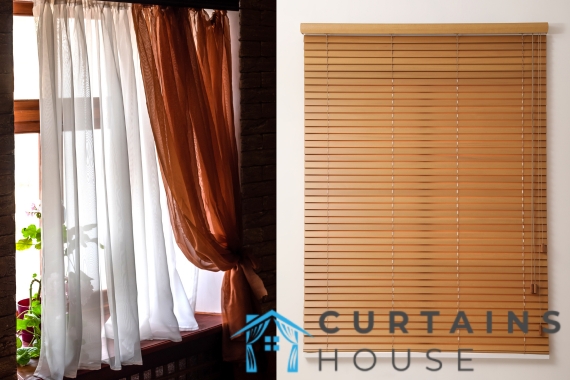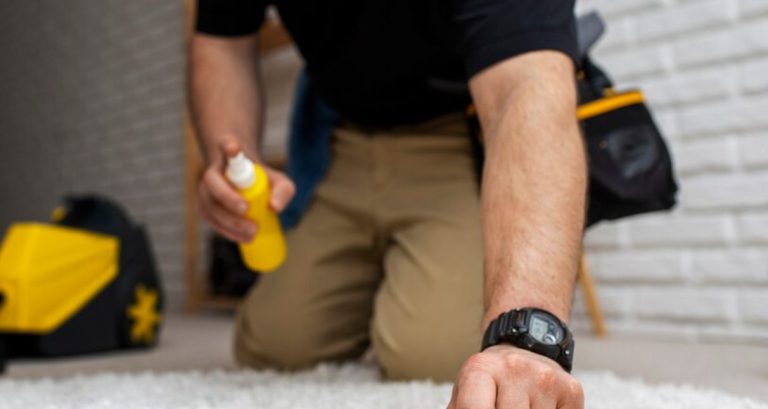Safety Solutions for Window Cleaners
By keeping us safe from the elements while letting in that all-important natural light, windows are definitely up there as one of mankind’s greatest inventions.
Of course, they only work if they are kept clean. This of course means that window cleaners have a very important job, and it can be a very dangerous one without the right equipment.
This is a short guide to the latest pieces of safety gear the professionals are using.
Window cleaning dangers
The most obvious is falling from a great height, which in some countries is one of the leading causes of workplace deaths. Even from small heights, there is a risk of serious injury from falling.
However, these are not the only hazards that window cleaners face. Two other major risks they face are injury from debris or broken glass, and chemical poisoning from the powerful cleaning agents they use.
Safety equipment for window cleaners
Although the act of window cleaning itself requires little more equipment than a bucket, squeegee and sponge, much more is required in practice to help cleaners access the windows and prevent the risks outlined in the previous paragraph.
The safety gear that any modern, professional window cleaner needs includes:
- A trusty roof anchor system
These are essential to protect against falls when cleaning windows which are too high for a ladder and require rope access. Look for roof anchors options which offer installation, inspection, and certification. This helps ensure that they comply with safety regulations and demonstrates that the company actually cares about trust and safety.
- An equally good harness
Again, it is essential to get this right to reduce the risk of falls. Sturdy materials to go for include nylon or polyester webbing and make sure that there are plenty of points where lifelines and tools can be attached.
Cleaning large buildings can require cleaners to be suspended in their harness for long periods of time, so padding around areas like the shoulder straps, waist belts and leg loops is essential.
- Chemical-resistant gloves
These should be thick. Nitrile, a type of synthetic rubber, is a popular material for these. As well as keeping hands warm and protected from the wind while up high, they also prevent harsh chemicals from coming into contact with the skin.
- Other personal protective equipment
Helmets and safety goggles are other essentials for the job with obvious benefits. Something else that can keep you safe on site, or wherever you go, is a pair of anti-slip shoes.
Just a few pieces of high-quality equipment along with the right preparation are the keys to achieving sparkling windows without compromising safety. Spending wisely on these essential items can make you safer and more effective.
.






